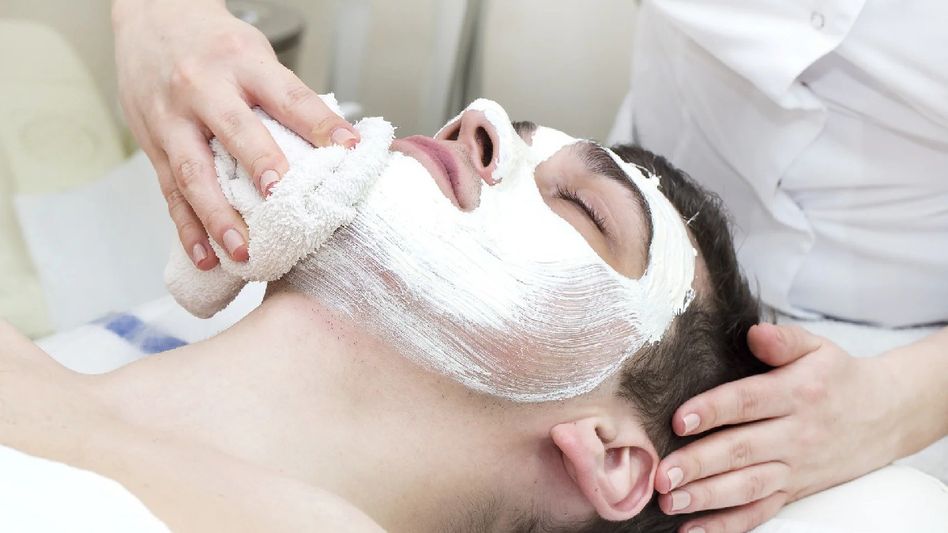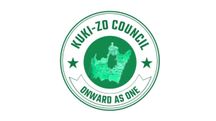The Hidden Dangers of Excessive Facial Scrubbing
Maintaining healthy and radiant skin often involves a combination of proper skincare routines, balanced nutrition, and lifestyle choices. Among these routines, facial scrubbing holds a prominent place due to its role in exfoliating dead skin cells and unclogging pores.

Maintaining healthy and radiant skin often involves a combination of proper skincare routines, balanced nutrition, and lifestyle choices. Among these routines, facial scrubbing holds a prominent place due to its role in exfoliating dead skin cells and unclogging pores. However, like many beneficial practices, when done excessively, facial scrubbing can lead to more harm than good.
The Purpose of Facial Scrubbing
Facial scrubbing is a form of exfoliation that removes dead skin cells from the surface of the skin. The primary benefits of scrubbing include:
Promoting Cell Turnover: By removing dead skin cells, scrubbing encourages the production of new cells, leading to a fresher and more vibrant complexion.
Unclogging Pores: Scrubbing helps to clear out dirt, oil, and other impurities that can clog pores and lead to acne and other skin issues.
Enhancing Product Absorption: With dead skin cells removed, skincare products can penetrate deeper into the skin, making them more effective.
The Risks of Excessive Scrubbing
Despite its benefits, excessive facial scrubbing can disrupt the skin's natural balance and lead to several adverse effects:
Skin Barrier Damage
The outermost layer of the skin, known as the stratum corneum, acts as a protective barrier against environmental pollutants, bacteria, and moisture loss. Excessive scrubbing can strip away this barrier, leading to:
Increased Sensitivity: Without its protective layer, the skin becomes more susceptible to irritants and allergens, resulting in increased sensitivity and redness.
Dryness and Dehydration: The removal of the skin's natural oils can lead to dryness and dehydration, causing the skin to feel tight and uncomfortable.
Microtears and Inflammation
Scrubbing too harshly or too often can cause microscopic tears in the skin. These tiny abrasions can lead to:
Inflammation: The skin responds to these tears with inflammation, which can cause redness, swelling, and discomfort.
Infection: Damaged skin is more prone to bacterial infections, which can lead to breakouts and other skin conditions.
Accelerated Aging
While exfoliation is often touted for its anti-aging benefits, excessive scrubbing can have the opposite effect. Over-exfoliation can lead to:
Loss of Elasticity: Constant scrubbing can break down collagen and elastin fibers in the skin, leading to a loss of elasticity and the development of fine lines and wrinkles.
Hyperpigmentation: Repeated irritation and inflammation from over-scrubbing can trigger the production of excess melanin, resulting in dark spots and uneven skin tone.
Impaired Healing
Healthy skin has a remarkable ability to repair itself, but excessive scrubbing can hinder this process. When the skin is constantly being exfoliated, it doesn't have enough time to heal and regenerate properly, leading to:
Prolonged Irritation: Continuous scrubbing can lead to chronic irritation, which can further damage the skin and slow down the healing process.
Weakened Skin Structure: Over time, the repeated trauma from excessive scrubbing can weaken the overall structure of the skin, making it more vulnerable to damage.
Best Practices for Facial Scrubbing
To enjoy the benefits of facial scrubbing without risking damage, it's important to follow these best practices:
Frequency: Limit scrubbing to 1-2 times per week, depending on your skin type. People with sensitive or dry skin may need to exfoliate less frequently, while those with oily or acne-prone skin might benefit from more regular exfoliation.
Gentle Techniques: Use a gentle touch when scrubbing your face. Avoid applying too much pressure and opt for circular motions to minimize the risk of irritation and microtears.
Choose the Right Product: Select a scrub that is suitable for your skin type. Look for products with fine, non-abrasive particles and avoid those with harsh ingredients that can cause further irritation.
Hydration and Moisturization: After scrubbing, always follow up with a hydrating toner and a good moisturizer to replenish the skin's moisture barrier and keep it hydrated.
Sun Protection: Exfoliated skin can be more sensitive to UV rays, so it's crucial to apply a broad-spectrum sunscreen with at least SPF 30 to protect the skin from sun damage.
While facial scrubbing can be a valuable part of a skincare routine, it's essential to practice moderation and mindfulness to avoid potential damage. Excessive scrubbing can compromise the skin's natural barrier, cause microtears and inflammation, accelerate aging, and impair the skin's healing process. By adopting gentle techniques, choosing appropriate products, and following best practices, you can enjoy the benefits of facial scrubbing without compromising your skin's health. Remember, the key to beautiful, healthy skin lies in balance and care, not in overzealous exfoliation.
Copyright©2026 Living Media India Limited. For reprint rights: Syndications Today









